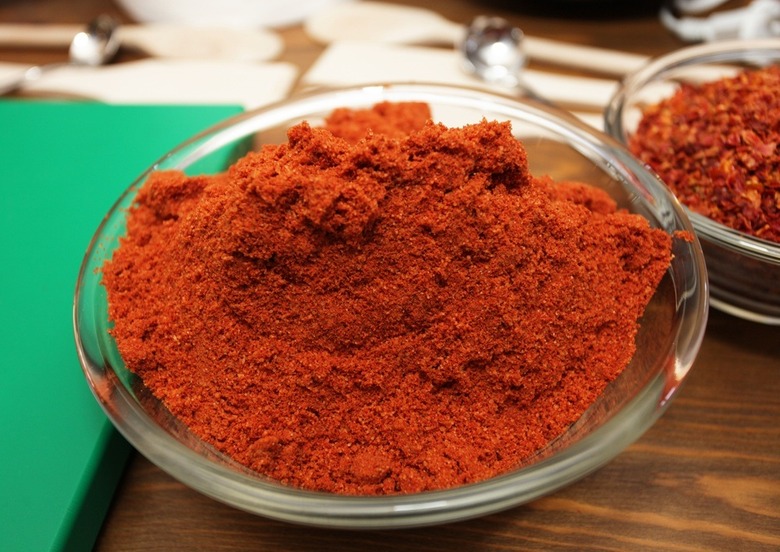Knorr: A Brand With A Focus On Sourcing And Sustainability
"Farm-to-fork" or "farm-to-table" are common phrases we have all heard, read, or talked about at some point in the last year, but what exactly does farm-to-table mean?
Simply put, the concept is all about transparency and the ability to trace where your food really comes from — and I don't mean in terms of from which supermarket or grocery store you purchase it.
For a consumer, farm-to-table means knowing the source of the food that ends up on your table and finding comfort in knowing that there is an element of personal responsibility in how the food got there.
For a restaurant, farm-to-table could mean the chef or owner buys their ingredients directly from a specific farm. They may have a relationship with the farmer, can see how the farm operates, and ensure the product is up to their high culinary standards.
For a brand, such as Knorr — a company known for drying herbs and vegetables to produce flavoring agents like bouillon cubes — it means direct acquisition from the producer. Specifically, Knorr can visit their farms and production sites to carry out any necessary checks, address any concerns, and, above all, maintain the quality of the product.
Knorr and its parent company Unilever (which also owns Lipton, Dove, Axe, and Hellmann's, among others) recently invited a group journalists to Badajoz, Spain, to see the real farms from which Knorr sustainably sources tomatoes for their products. Sustainability is incredibly important to Knorr and Unilever as a brand. In fact, they have a commitment to be able to sustainably source all of their vegetables, meat, herbs, and spices by 2020.
At the farm, we learned about each of the specific steps taken to achieve the best flavor, color, and consistently high-quality tomatoes. How do they do this, you ask?
First of all, specific tomato varieties are chosen for their flavor, aesthetic appeal, and resistance to disease. The seeds are initially planted in greenhouses and then moved to open fields when the temperature is warm enough. Then, each plant is spaced in a way that allows for optimal sunlight for uniform ripening and has a tailored nutritional plan that enables them to become healthy and strong to produce high-quality fruit.
Only a minimal amount of chemical product is used on these farms and is utilized only when every other method of pest and disease control has been exhausted — this is called "integrated pest management." Also, state-of-the-art irrigation systems ensure each plant receives the exact amount of water it requires. This helps to minimize water wastage and means the tomatoes have just the right balance of water and sugar to earn the rich color and sweet taste that Knorr needs for its product.
The tomato plants are harvested when the plants reach the perfect stage of maturity when they have developed the best taste, color, and aroma. Next, there is a careful sorting process selecting only the best tomatoes with the best color — after all, we eat with our eyes first. The chosen tomatoes are crushed and heated; the pulp pushed through machines to separate the seeds and skin from the juice. Parts of the tomato that are not required, such as the seeds and skin, are given to livestock to avoid food waste.
Through heating, the tomato juice is then reduced to a concentration required for the various Knorr products. Once at the appropriate consistency is reached, the juice and paste are pasteurized and packaged.
The entire process — from seed to packaging — is continually and meticulously monitored for quality control. The trip was an eye-opener for the attendees and showed the level of consideration given by Knorr and Unilever to the quality of their products and the commitments they have to creating and selling sustainable products.



